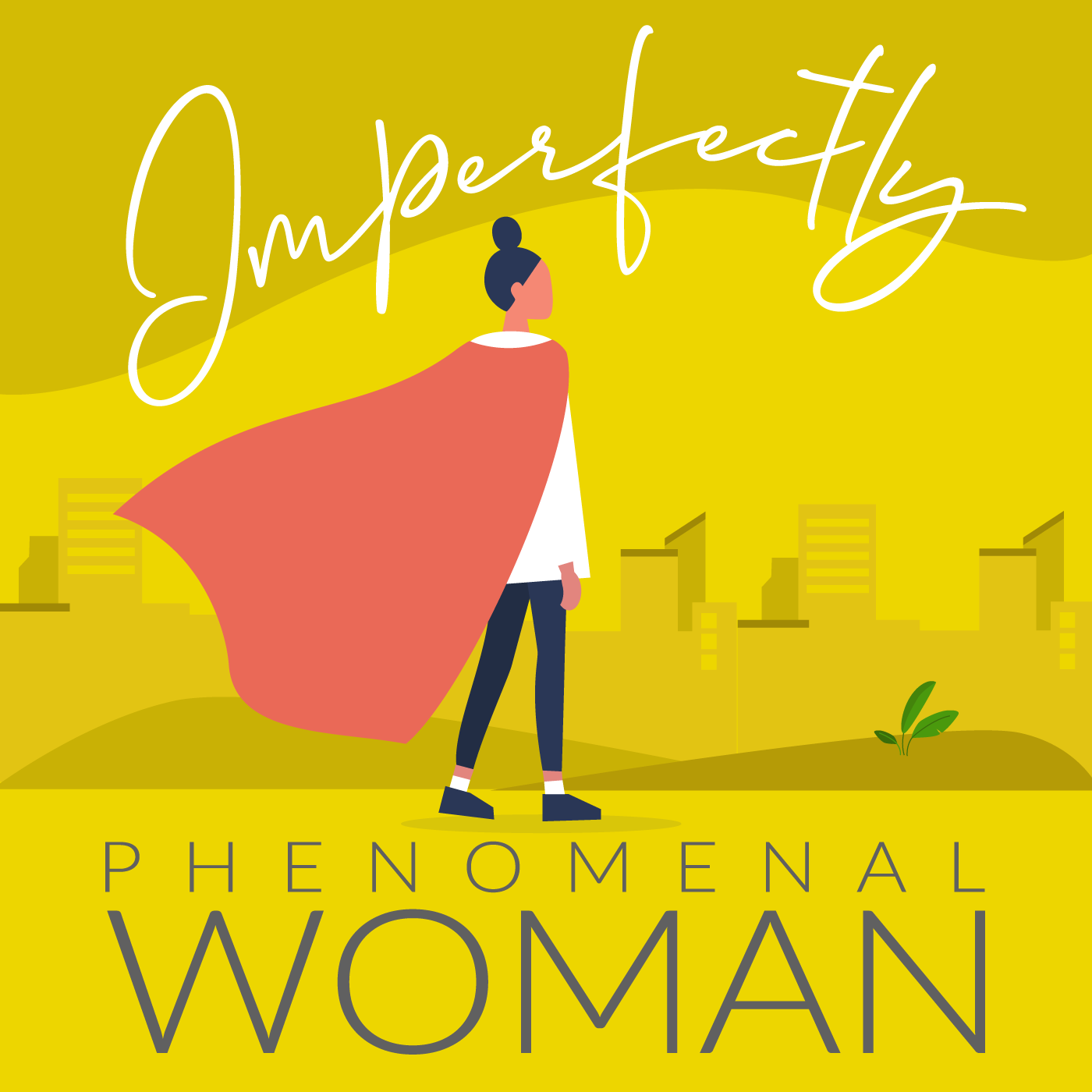
Asexuality: You Can('t) Go Without Sexual Attraction

Imperfectly Phenomenal Woman
Deep Dive
What is asexuality, and how does it differ from allosexuality?
Asexuality refers to individuals who experience little or no sexual attraction to others. It is not a conscious choice but rather an inherent lack of sexual attraction. In contrast, allosexuality describes individuals who do experience sexual attraction to others, which is the more common experience in society.
Why did Kara Brady feel empowered by labels and micro-labels related to asexuality?
Kara felt empowered by labels and micro-labels because they allowed her to accurately describe her experiences for the first time. She compared it to being able to express hunger—labels help articulate her current state of being without confining her to a box. This clarity helped her understand herself better and feel validated in her identity.
How did Kara's relationships and societal expectations impact her understanding of her asexuality?
Kara struggled with societal expectations that sexual activity is essential for relationships. She felt pressured to engage in sexual acts despite not enjoying them, which led to confusion and self-doubt. Her relationships often deteriorated when sexual expectations clashed with her lack of interest, reinforcing her belief that something was 'wrong' with her until she discovered asexuality.
What is compulsory sexuality, and how does it affect individuals?
Compulsory sexuality is the pervasive societal belief that everyone is sexual, that sexual desire is universal, and that deviating from these norms means something is wrong. It manifests in pressures like virgin shaming, the expectation that relationships must include sex, and the invalidation of asexual individuals. This belief can lead to feelings of guilt, inadequacy, and the suppression of one's true identity.
What resources helped Kara Brady understand and embrace her asexuality?
Kara found two books particularly helpful: 'Ace: What Asexuality Reveals About Desire, Society, and the Meaning of Sex' by Angela Chen and 'The Invisible Orientation: An Introduction to Asexuality' by Julie Sondra Decker. These books provided her with a deeper understanding of asexuality and helped her feel less isolated by exploring societal norms and the diversity of human experiences.
How does Kara reframe the limiting belief that 'you can't lack sexual attraction'?
Kara reframes the belief by asserting that she can live a fulfilling life without sexual attraction. She emphasizes that meaningful relationships, whether platonic or romantic, can exist without sex. This reframe challenges the societal expectation that sex is essential for happiness and relationships, allowing her to embrace her asexuality authentically.
What challenges do asexual men face compared to asexual women?
Asexual men often face greater societal pressure to conform to sexual norms, as masculinity is frequently tied to sexual prowess. Male friends may ridicule or pressure them to engage in sexual activity, labeling them as 'losers' or 'pussies' if they don't. This creates a hostile environment for asexual men, making it harder for them to openly embrace their identity compared to women.
Shownotes Transcript
There is nothing wrong with not desiring sex. Some people, like today's guest Kara Brady, are asexual—meaning they have little or no interest in sexual contact with others. We discuss,
- how being on the ace spectrum impacted her relationships,
- feeling like something was wrong with her for not enjoying sex,
- choosing to come out to family and friends,
- feeling empowered by labels and micro-labels,
- the theory that Wednesday Adams may be asexual,
- fear of being different, and
- her belief that it is possible to still build meaningful relationships without sex.
The Reframe
We reframed the limiting belief "I can't go without sexual attraction" to "I can build and experience very meaningful relationships, even without sex, because sex is not essential for everyone."
Connect with Us